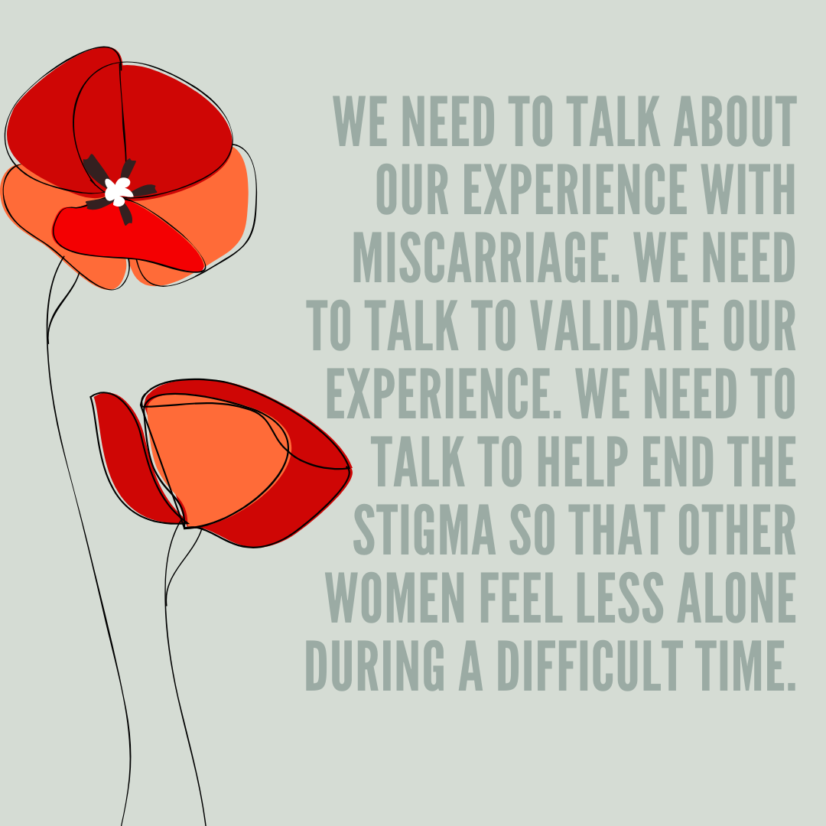Miscarriage Matters – Part 3

In my last blog, I shared about the emotional toll that I experienced after my first miscarriage – the common feelings of sadness, guilt and anger. However, in the midst of my own grief, there was one other thing that I felt at that time that should never have been a part of my experience – shame.
Not only did I question and blame myself for what had happened, I felt a deep sense of shame that this had happened to me. I was embarrassed. I was embarrassed by my loss because I did not know anyone else that had experienced a miscarriage and felt that I was a failure. And I was embarrassed to grieve for my loss – after all, I never knew my child. I had only been 11 weeks pregnant.
The lack of information and the loneliness of my experience served to fuel this sense of shame, making an already difficult time that much more challenging.
Thankfully, I now know that there is nothing to be ashamed of and hope to prevent others from falling into the same pit. We need to end the stigma of miscarriage that is created by silence.
Why is there so much silence around miscarriage? Why do women feel the need to hide their pain, left alone in isolation?
Fortunately, this silence is beginning to be shattered. In recent years, many celebrities and public figures have been open about their experiences with miscarriage including Chrissy Teigen, Meghan Markle, and Beyonce to name a few. Michelle Obama has also spoken about her own experience with miscarriage, sharing in an interview with Good Morning America, “I felt lost and alone, and I felt like I failed. Because I didn’t know how common miscarriages are. Because we don’t talk about it. We sit in our own pain, thinking that somehow we’re broken.”
There is now #miscarriagematters trending on social media. Miscarriage is a common experience – you don’t have to be alone in your sadness and grief. You do not need to feel ashamed.
I wish I had known how common miscarriage was when I had experienced my first. This fact would not have made things less sad, but it may have helped me feel less alone, to not feel ashamed. As I stated in my initial blog in this series, if you have experienced a miscarriage, it is important to know that it is not your fault, it could have happened to anyone and there was probably not anything you could have done to prevent it.
We need to talk about our experience. We need to talk to validate our experience. We need to talk to help end the stigma so that other women feel less alone during a difficult time.
Written By: Rebekah Jones
Originally posted on Grow Counseling